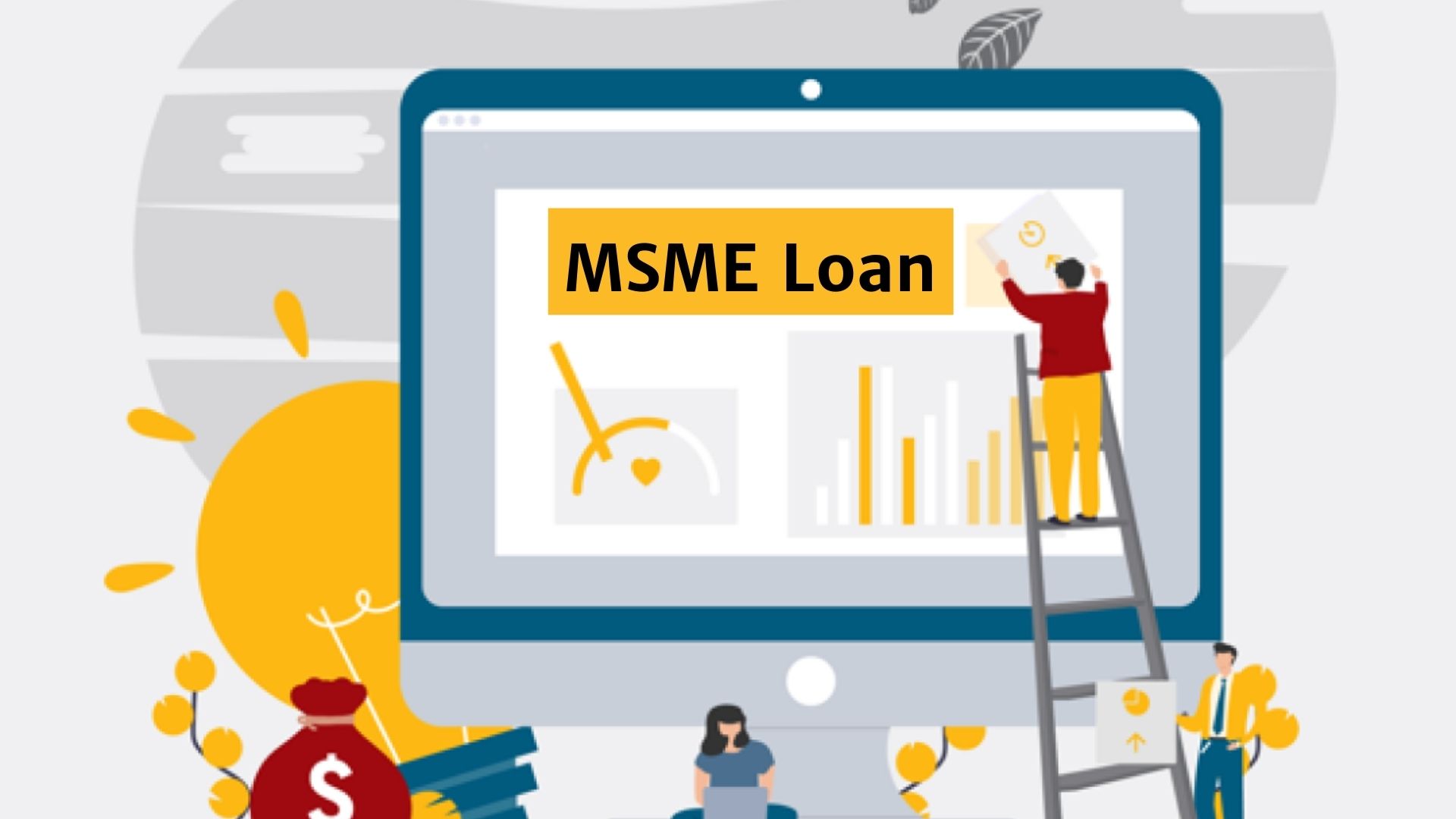How MSMEs can get collateral free loans from banks & NBFCs
It is important to receive timely funds for MSMEs to flourish and grow. Loans are the best option these medium sized enterprises can depend on. The availability of suitable funding remains a critical issue for this sector, limiting its expansion. Banks are generally hesitant to make loans to small firms because they do not have sufficient business records and books of accounts. Banks require collateral in the absence of documents, which may not always be straightforward for such enterprises to furnish.
MSMEs rely heavily on non-banking finance companies (NBFCs) for credit in the lack of official lending options. But most banks and NBFCs require some sort of collateral or security to process these loans.
Can a start-up or new business without much assets never get an MSME Loan? What other option do they have? How can they present an impressive loan application to get it processed by the bank or NBFC without seeking any collateral? Read on to learn how!
To begin with, you need to prove your business’ worth to impress upon the lenders that you can repay the loan in time. This is the most basic requirement that the banks and NBFCs will look at.
This is possible if you make a good product or service that people are willing to pay for, or if you are able to show the lenders that you are not a money-grubbing scam. Therefore, you must prove your business is worth more than the loan amount.
You can show relevant financial data from your business to help lenders understand your business and potential growth. For example, you can show your business’ revenue, net profit and number of employees, or your profit margins. You can also submit proof of UPI, NEFT, RTGS, and other digital transactions as proof of your business’ overall financial health.
Give them the required information to determine the viability of your business. Your business history will be a valuable asset to show lenders that you are committed to your business and can repay the loan in time.
According to Arun Nayyar, CEO of digital lending platform NeoGrowth, alternative data sources such as digital transactions data related UPI, RTGS, NEFT, and IMPS, in addition to GST, and past credit history with on-time repayment are taken as a sign of being a responsible borrower by financial institutions. Income tax returns, bank statements, point-of-sale data, and other information could potentially be useful.
According to Shachindra Nath, Managing Director of small business lending platform U GRO, the largest challenge in offering loans is getting MSME promoters to provide that data. According to Nath, there is a mindset issue among MSMEs that the less information they disclose with the lender, the higher their credit score. Even now, 90% of U GRO consumers refuse to provide their GST information, and 67% refuse to share their bank account information. “Just as you wouldn’t hide your illnesses from a doctor, a firm cannot hide facts from a lender,” Nath remarked last week during a panel discussion on Alternative SME Financing for the Financial Express event FE Boardroom 2022.
Data-sharing is a vital aspect for lenders to consider in determining a potential MSME loan applicant. For example, in cases where the MSME has not provided the lender with the information of its net profit, the lender can ask the MSME to provide the same information in a digital format to allow the lender to verify that the MSME actually exists and is actually a genuine business. Data is essential for banks to determine how much financing MSMEs need, and how much they can afford.
Another aspect that MSME owners should consider is that collateral free loans are not cheap. Though they are relatively easier to avail, they come with a very high rate of interest; somewhere in the 18-20% bracket, which can cause considerable strain on your finances.
So the better alternative is to go for Government backed schemes like MUDRA and CGTMSE. MSME entrepreneurs can benefit from the government’s and SIDBI’s collateral-free Credit Guarantee Fund Trust for Micro and Small Enterprises (CGTMSE) credit initiative. In addition, the government has created many lending schemes tailored specifically for this sector, allowing them to borrow without collateral. Importantly, in her budget statement in February this year, Finance Minister Nirmala Sitharaman promised a revamping of the scheme to facilitate additional credit of Rs 2 lakh crore for micro and small firms in the upcoming fiscal year.
Mudra was founded in 2015 to serve smaller businesses in the manufacturing, service, and trading sectors. Micro enterprises can apply for small-ticket loans in three categories, depending on their credit needs: Shishu loans of up to Rs.50,000, Kishore loans of Rs.50,000 to Rs.5 lakh, and Tarun loans of Rs.5 lakh to Rs.10 lakh. Mudra loans have an interest rate of 11.5-20% and a repayment period of up to five years.
MSMEs in need of working capital can obtain small-ticket loans from NBFCs for up to three years. Businesses can also borrow against order invoices if they have not yet received payment from clients. In this situation, these platforms will lend up to 90% of the invoice value at an interest rate of 18-22%, depending on the loan size. After receiving payment from the client, the borrower can repay the loan.
MSMEs are the backbone of the Indian economy; they contribute the highest to the employment and GDP factors of our country. It is essential that these enterprises are offered loans to ensure their growth and development. Banks and NBFCs should make required provisions to make collateral-free loans more accessible to deserving entities. Availability of collateral free loans can vitalize the MSME sector to reach new markets. This would in turn help in achieving the Sustainable Development Goals, including the elimination of poverty and hunger.

